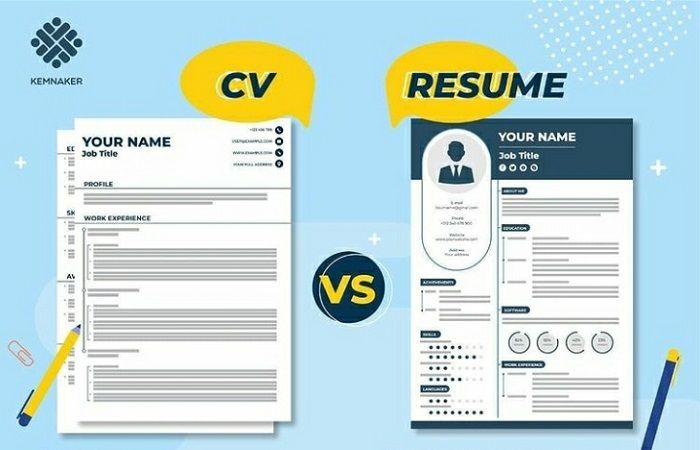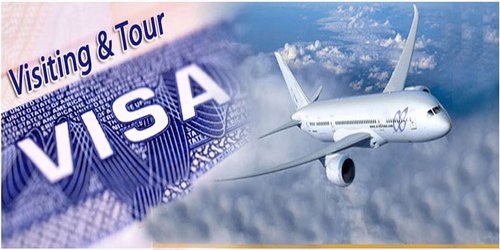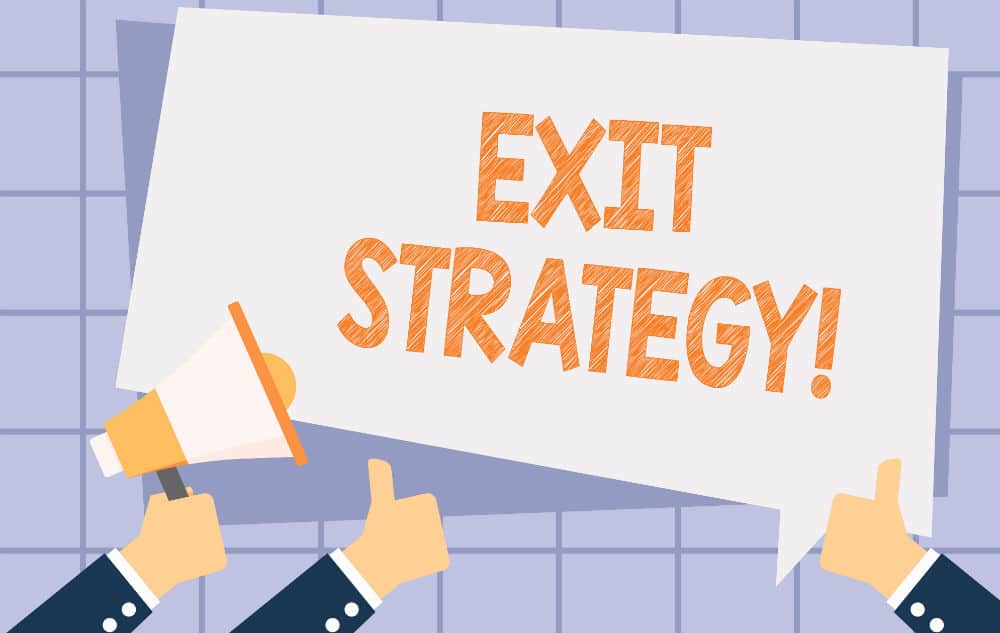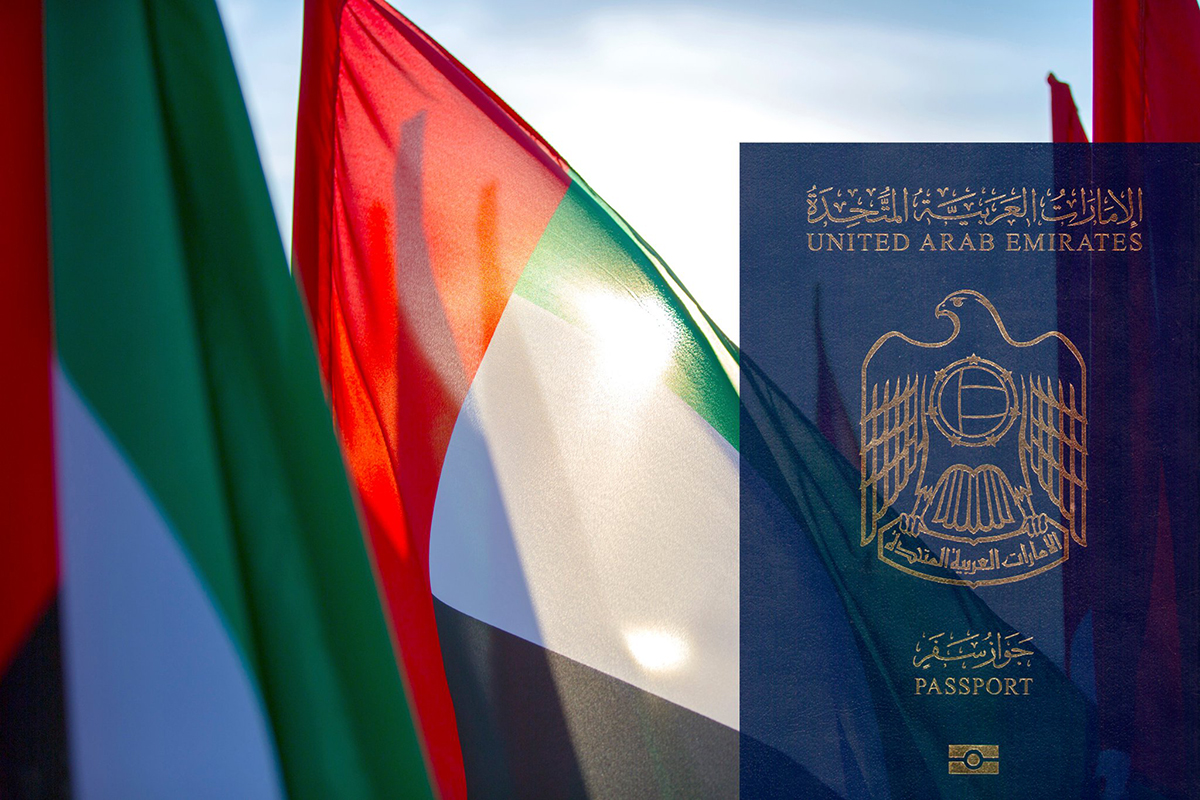

Getting a job in one of the Gulf Cooperative Council (GCC) member Countries, is not an easy process due to the increase of available talent in the region, the specialized experience required by employers, the formal / informal quotas on nationalities, the location of the candidate and employer, employer visa regulations, salary budgets sometimes linked to human capital markets, and other variables. The following tips will help you get the job you want in the GCC.
Table of Contents
Have a strategy and solid plan.

Someone once said, “Finding a job is a full-time job”, only you can get the job you want, don’t depend on others to get it for you. Develop a strategy, plan and execute it every day and make it count! Read about the latest tips, invest in yourself and if you need additional support, get it!
Make sure your CV is up to mark.

Review the content of your CV, present the most updated and relevant information, and remove outdated accomplishments that are no longer relevant. You are not writing a book, make the CV short, no more than 2 pages, and don’t cram information since it will make it difficult to read. Remove graphics such as logos which distract from the content. Don’t use bright colors or patterns. For GCC employers, include information such as your nationality, age, marital status, availability, reason for leaving employers, and introduce your employers.
Stand out from the crowd.

Sending your CV by email and asking to be contacted is not the most effective way to get a job. You need to network, you need to research the companies that are hiring, contact them, and ensure they review your profiles. You must find a way to contact the hiring decision makers and provide a brief summary of your experience through a phone call, a video, or in writing by email. The message needs to be no longer than 60 seconds and should state why you are the best person for the vacancy as well as request a meeting.
Use your network and that of others you know.

People are usually willing to help out a friend, a colleague, or an acquaintance so use the networks you have access to. To receive help, you must also give to others so share your knowledge, mentor others, help others reach a contact, and when you are in need, it will be easier to ask.
Visit the country.

If you are not in the country, visiting the country you are targeting can be an effective way of increasing your network, meeting employers and confirming that you are interested in working in the new environment. It’s not a holiday though, so you need to have a solid plan and objectives to be accomplished during your stay.
Update your online profile, including your LinkedIn profile.

Today, visuals and video presentations are easily accessible and can make a strong impact on employers and your network.
Engage your employment references early.
This means reconnecting with them, informing them that you are seeking new employment, and getting their advice and support if possible in your job search. You don’t want to be contacting your references only when you need them.

So you think you are ready to be employed by a Gulf Cooperative Council (GCC) employer? You have prepared as much as you can, however, there is more that you can do.
Experience Certificates (ECs) are often requested by GCC employers.

This is basically a letter on company letter head provided by your previous employers that states your name, the title you held, dates of employment, and a person to contact should more information be required. Get your ECs ready and ordered to provide them if requested by an employer.
Attestation of Education, Marriage and Birth Certificates.
For professional positions, often, the employer will require the originals and accept an attested copy of the mentioned documents. There are agents that provide this service for a fee. The attestation of documents can take one month or longer in some cases, so if you are serious about working in the GCC, get this done as soon as possible.
Have your employment references ready and informed so that you can provide them to the employer as soon as they are requested. It’s always better to have written employment references and also the option for the employer to contact them directly and get a more detailed reference by phone.
Be prepared to do a medical examination.

Some employers may ask for a pre-employment medical examination to ensure you are fit to work. If they do, ensure that your Doctor completes all the required tests. Remember that what your Doctor might think is not necessary might be required by the employer to ensure compliance and completeness of the medical examination.
Have a home country exit plan.

If you own your home, what is your plan? Will you sell the home or rent the home while you work abroad? What about your car and other assets? What about income tax and pension implications? Talk to your accountant about how you can reduce or eliminate income tax payments. What about your spouse and children, will they come with you or join you at a later date? The more prepared you are, the faster you can implement the plan and exit your country.
Your notice period to your present employer.
What is your notice period, do you know? Can you reduce the notice period? The faster you can join your new employer, the more attractive you will be once they have decided to hire you.
Passport should be valid for at least 6 months from date of travel.

If your passport will expire in less than 6 months from your travel date, you may not be able to travel. So, ensure that your passport is valid for at least 6 months from your travel date. If you are going to renew your passport, let your Gulf employer know, because they may be applying for government formalities such as your visa and if you renew the passport, that employment visa may no longer be valid, resulting in having to reapply with your new passport which will delay your joining date.
